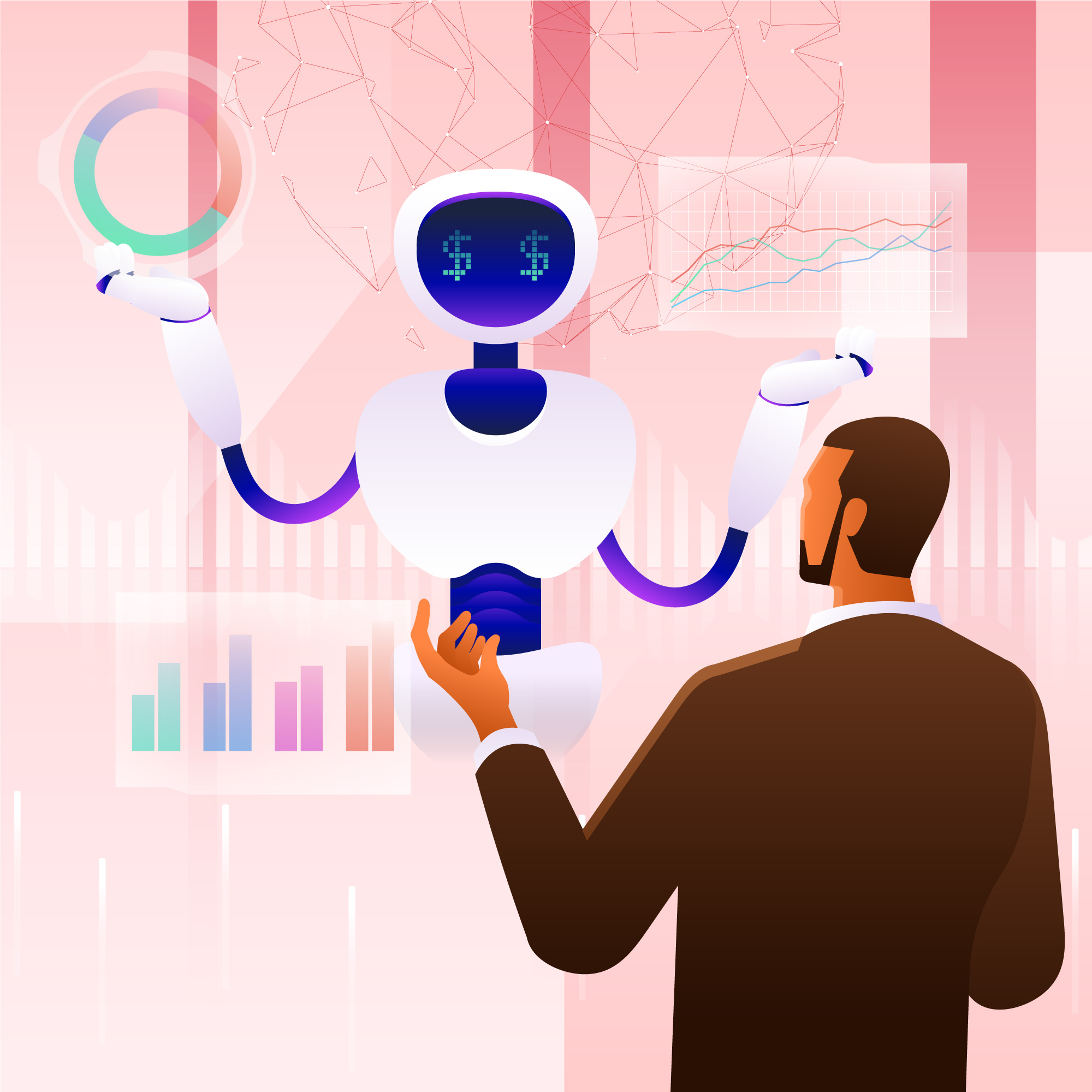As we enter 2025, the rapid advancement of AI technology has led to a surge in the adoption of various AI tools across industries. These tools have revolutionized our work, creation, and interaction with technology.
Sources such as TechCrunch, Gartner, and the Stack Overflow Developer Survey offer insights into the future trajectory of AI and what to anticipate by 2025.
Let’s explore the top 10 AI tools of 2024 and look ahead at the trends that will likely shape 2025.
Top 10 Most Used AI Tools in 2024
- Overview: A leader in natural language processing, ChatGPT has become indispensable for tasks ranging from customer support to content creation.
- Usage: Automating responses, coding assistance, brainstorming, and more.
- Link: OpenAI ChatGPT
DALL·E (OpenAI)
- Overview: DALL·E specializes in generating detailed images from textual descriptions, providing valuable support for creative industries.
- Usage: Marketing materials, concept art, and visual storytelling.
- Link: DALL·E
MidJourney
- Overview: Known for its stunning artistic image generation, MidJourney is a favorite among designers and artists.
- Usage: Concept visuals, digital art, and design inspiration.
- Link: MidJourney
Hugging Face
- Overview: A central hub for a wide array of machine learning models, Hugging Face offers tools for NLP, image processing, and beyond.
- Usage: Developing custom AI applications with ease.
- Link: Hugging Face
TensorFlow (Google)
- Overview: TensorFlow’s cornerstone in AI helps developers build and deploy deep learning models.
- Usage: Research, production-ready AI models, and real-time applications.
- Link: TensorFlow
PyTorch (Meta)
- Overview: Preferred by researchers, PyTorch simplifies the process of building deep learning models.
- Usage: AI research, rapid prototyping, and deployment.
- Link: PyTorch
Runway ML
- Overview: This tool brings AI-powered creativity to the masses, with video editing and media production applications.
- Usage: Content generation, video editing, and creative projects.
- Link: Runway ML
Synthesia
- Overview: Synthesia transforms text into professional video content using AI avatars.
- Usage: Corporate training, marketing videos, and educational content.
- Link: Synthesia
- Overview: A well-known writing assistant that uses AI to improve grammar, style, and clarity.
- Usage: Writing enhancement for emails, documents, and web content.
- Link: Grammarly
Notion AI
Read the Blog post about Notion
- Overview: Notion AI integrates seamlessly with the Notion workspace, boosting productivity through automation and smart suggestions.
- Usage: Task automation, content suggestions, and enhanced note-taking.
- Link: Notion AI
Trends for 2025: What Lies Ahead?
- Integration of AI in Everyday Tools
- AI will become a standard feature in everyday tools like office suites, email clients, and browsers, simplifying tasks and boosting productivity.
- AI will become a standard feature in everyday tools like office suites, email clients, and browsers, simplifying tasks and boosting productivity.
- Expansion of AI Accessibility
- AI tools will become even more user-friendly, democratizing access to advanced features previously reserved for tech-savvy users.
- AI tools will become even more user-friendly, democratizing access to advanced features previously reserved for tech-savvy users.
- Ethical AI and Regulation
- With increasing AI adoption, there will be a stronger emphasis on ethical use, transparency, and user privacy, leading to more regulations and standards.
- With increasing AI adoption, there will be a stronger emphasis on ethical use, transparency, and user privacy, leading to more regulations and standards.
- Specialized AI Models
- Expect to see more industry-specific AI solutions tailored to healthcare, finance, legal services, and more, enhancing precision and efficiency.
- Expect to see more industry-specific AI solutions tailored to healthcare, finance, legal services, and more, enhancing precision and efficiency.
- Real-Time AI Applications
- Real-time AI will become more common, aiding in quick decision-making, personalized customer experiences, and dynamic content delivery.
- Real-time AI will become more common, aiding in quick decision-making, personalized customer experiences, and dynamic content delivery.
- AI for Sustainability
- AI tools focused on environmental impact will rise, optimizing supply chains, reducing waste, and enhancing energy efficiency.
Looking to 2025, we can anticipate further integration and accessibility of AI in everyday workflows, aligned with ethical advancements and sustainability initiatives. These trends indicate a future where AI will be even more embedded in our daily lives, enhancing efficiency and innovation across sectors.
Sources: Techcrunch Gartner Stack Overflow Developer Survey
- AI tools focused on environmental impact will rise, optimizing supply chains, reducing waste, and enhancing energy efficiency.
